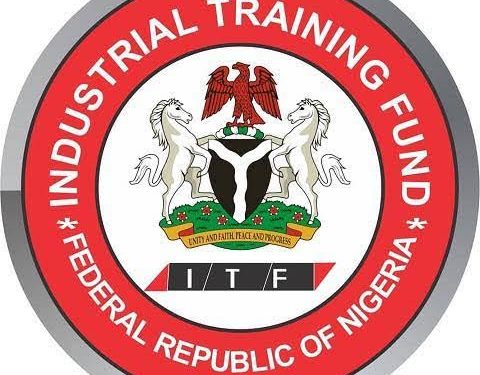The Industrial Training Fund (ITF) has announced plans to export skilled Nigerian youths under 35 to various countries as part of its new global talent programme aimed at raising artisans to international standards.
The Director-General of ITF, Dr. Afiz Oluwatoyin Ogun, disclosed this during a visit to trainees sitting for examinations at the Larne Shittu Motors Training Centre in Abuja. He said successful participants will receive government-recognised licences certifying their skills, boosting their employability both locally and abroad.
Dr. Ogun explained that the talent export initiative is being implemented in partnership with the Nigerian Association of Chambers of Commerce, Industry, Mines and Agriculture (NACCIMA). Through its global network, NACCIMA identifies countries in need of specific skill sets, creating pathways for trained Nigerians to access international job opportunities.
“We are also training trainers in areas such as leather works, fabrics, and finishing. Nigerians produce quality work but often fall short in finishing, which prevents them from meeting global standards. That’s where we come in,” he said.
He added that ITF is collaborating with the Chartered Institute of Project Managers of Nigeria on project management examinations, which are designed to measure trainees’ competence and prepare them for international markets. “Training without assessment is incomplete. The aim of these examinations is to bring our artisans up to global standards,” he said.
According to him, over 100,000 Nigerians have expressed interest in the programme, but the current phase can only accommodate 30,000, who have just completed their examinations. Those who do not meet international standards will continue with further skill-up training.
Dr. Ogun also urged Nigerians to invest in skills acquisition centres rather than traditional schools, noting that the federal government will cover training costs for students enrolled in accredited centres. ITF currently offers training in about 30 trade areas, with plans to expand.
“Three key examinations are part of this process; industrial safety, project management, and patriotism. After this, we move trainees into the marketplace, where job opportunities await them. We call on Nigerians to establish quality skills acquisition centres that meet international standards,” he added.
The Registrar-General and Chief Executive of the Chartered Institute of Project Managers of Nigeria, Henry Mbadiwe, said the training in project management is essential, as it helps participants refocus and identify the right path in their careers and businesses.










